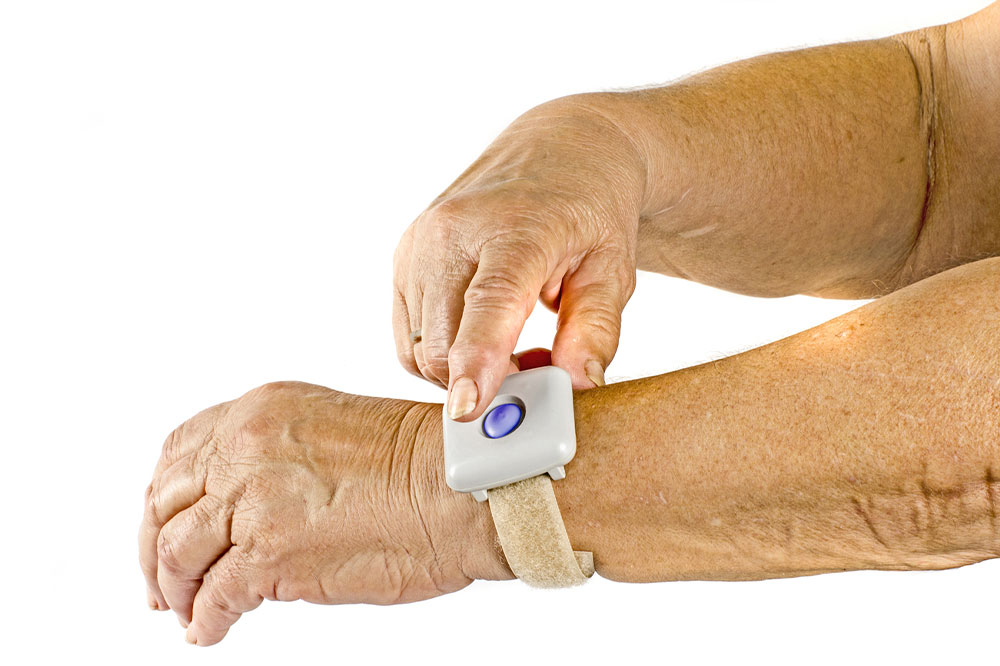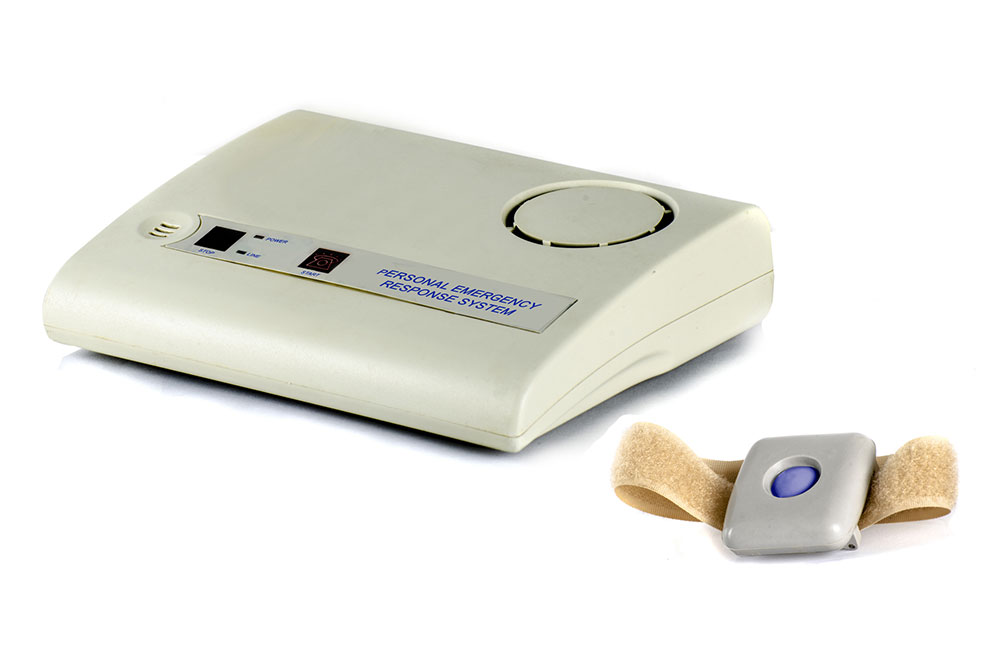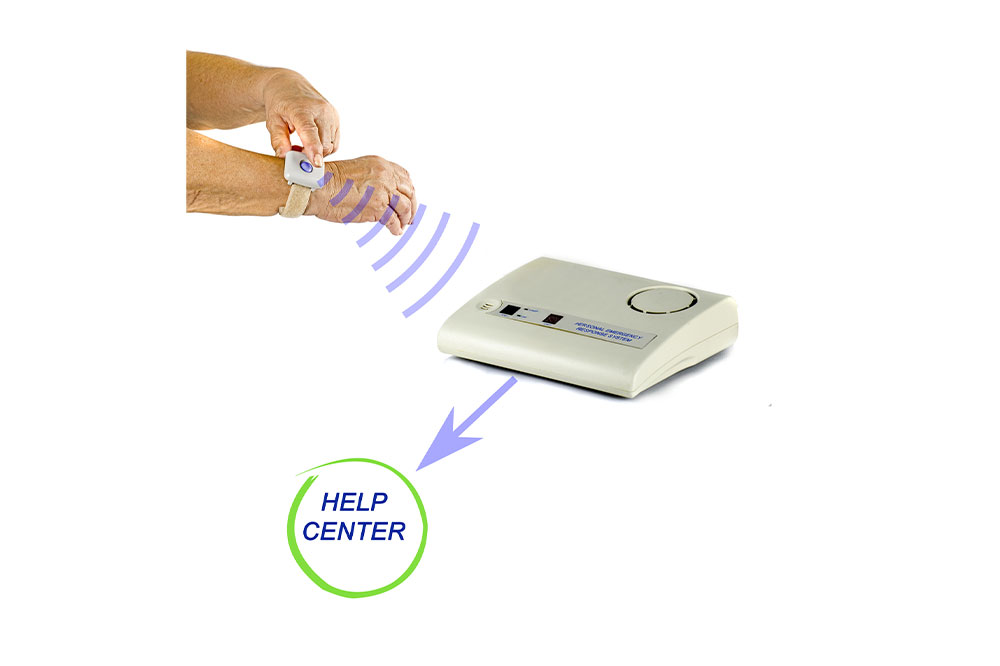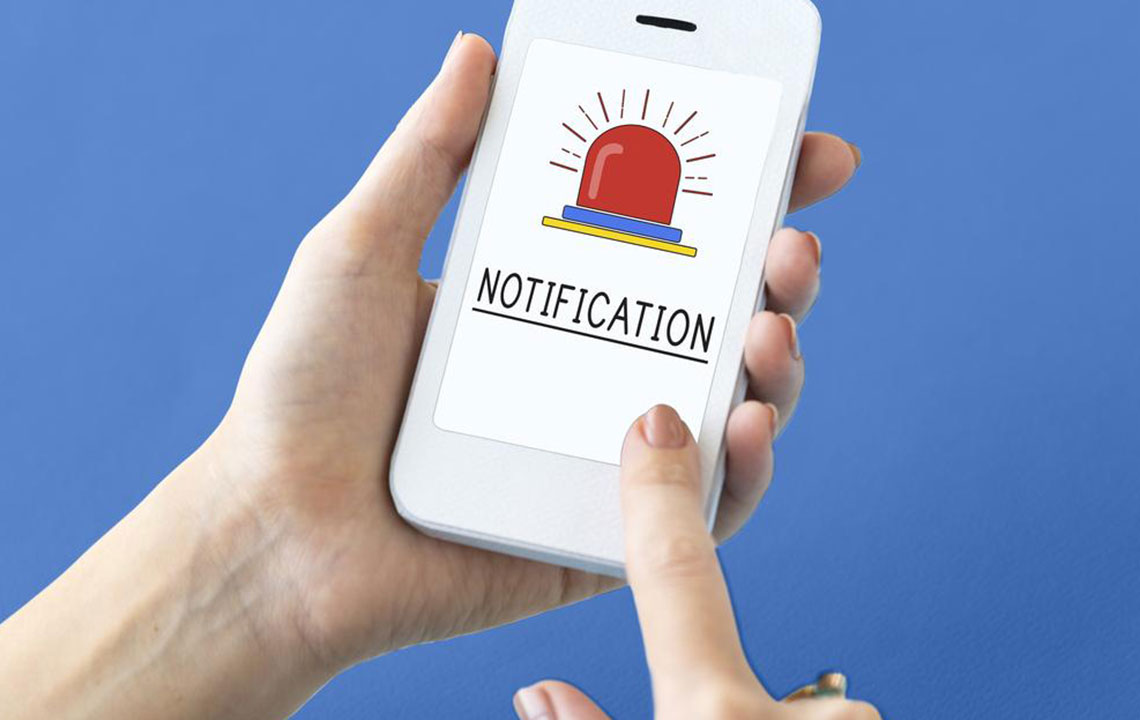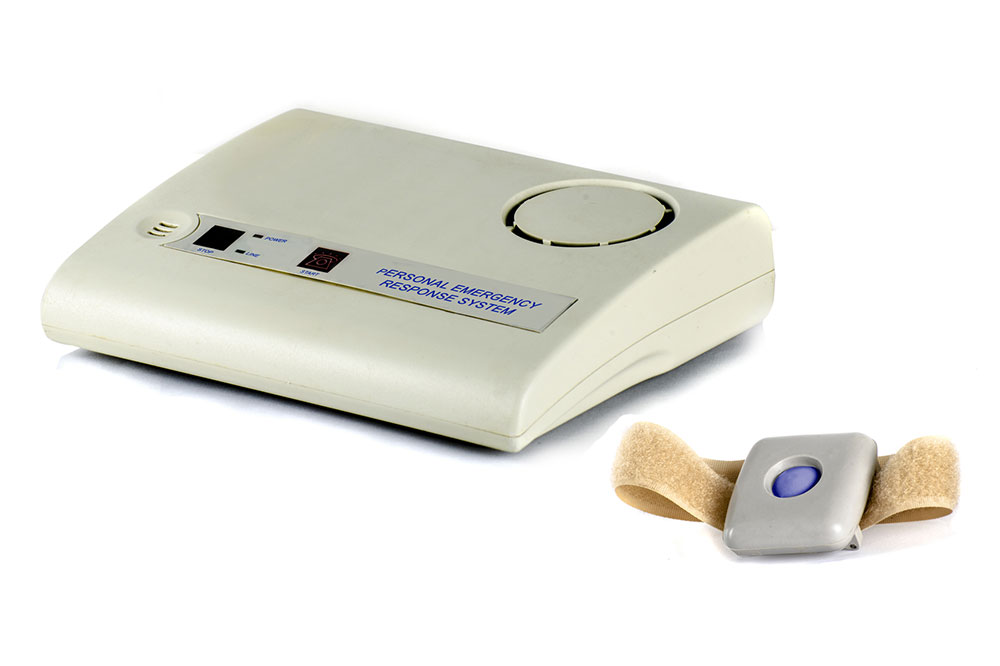Essential Guide to Selecting the Best Medical Alert Devices
Discover the importance of choosing the right medical alert system to enhance safety and independence for seniors. This guide highlights the types of devices, essential features like fall detection and GPS, and top providers offering reliable solutions. Whether at home or on the move, select a system suited to your lifestyle to ensure quick emergency response and peace of mind for loved ones.
Sponsored
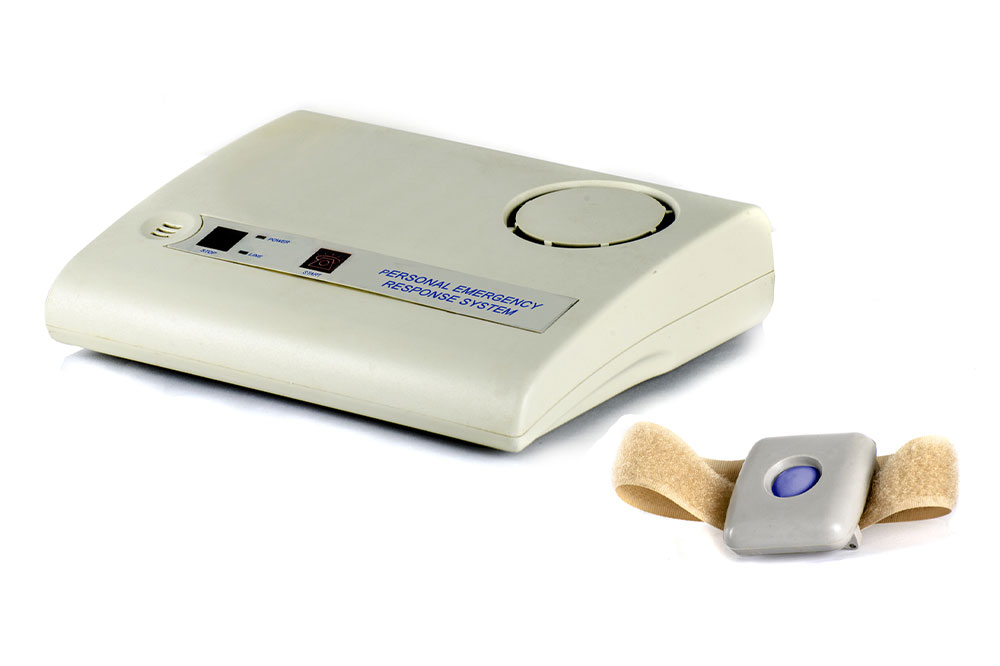
Understanding Medical Alert Systems
Deciding whether a medical alert device is necessary depends on individual circumstances. These systems are essential for seniors living alone, in assisted living, or retirement communities. They offer quick access to emergency services through user-friendly features like simple push-button operation. With advanced technology, modern alert devices come in various forms — from basic home units to mobile systems that support active lifestyles. They are designed to be reliable, discreet, and easy to use, providing critical safety support wherever needed.
Modern medical alert systems are compact and wearable, often waterproof, to ensure safety during daily activities, including bathing. They function by connecting users to a responsive monitoring center. In an emergency, pressing the device’s button alerts an operator who assesses the situation, contacts EMS or personal contacts, and remains on the line until help arrives. If the user is unable to respond, responders are dispatched automatically, providing essential medical aid promptly.
Subscribers receive a device suited to their lifestyle, which can be worn as a bracelet or pendant. Many devices are water-resistant, especially important given that falls frequently occur in bathrooms.
Activation happens via pressing a button, which triggers a call to the monitoring service.
The operator evaluates the emergency and contacts emergency responders or loved ones as needed.
If no immediate assistance is required, trusted contacts are notified to check on the user.
Types of Medical Alert Systems
There are two main categories:Traditional Home Systems: These systems use a base station connected to a landline, featuring a two-way speaker and microphone. The wearable button—on a wristband or neck pendant—connects the user to a monitoring agent when pressed. They are effective for those primarily at home, with optional features like fall detection and enhanced connectivity available at additional costs.
Mobile Alert Systems: Designed for users on the go, these systems leverage smartphones or dedicated mobile devices without needing a landline base station. They facilitate safety outdoors, offering features like GPS tracking, fall detection, and waterproofing. Most mobile units rely solely on cellular coverage, making them suitable for active individuals or those frequently outside the home.
Fall detection: Automatically detects falls using sensor technology and alerts loved ones even if the user is unconscious.
GPS tracking: Enables real-time location sharing, crucial in emergencies for prompt assistance.
Waterproof and shatterproof: Devices safe for use in wet environments, notably bathrooms, reducing fall-related risks.
Choosing the Right Device: Tips
Considering three key questions can help select the optimal system:
Is fall detection necessary? Falls are common among seniors; devices with automatic fall detection can activate emergency responses without manual input.
Home-based or mobile system? For primarily home use, a landline or home system suffices. For active lifestyles, mobile alert systems offer flexibility and safety on the go.
Monitoring services needed? Some systems include professional monitoring centers to dispatch emergency help, while others rely on contacts. Assessing this will influence safety and cost considerations.
Many providers incorporate additional features like activity tracking, medication reminders, and security systems, enhancing overall safety. Budget considerations are important, as extra features often come at added costs. Choose a system aligned with personal needs for maximum benefit.
Top Medical Alert Options
Philips Lifeline: Offers waterproof devices, fall detection, medication management, and 24/7 professional support. Known for comprehensive solutions suitable for various needs.
ResponseNow: Provides reliable home and cellular systems, including fall detection, with a risk-free 30-day trial. Devices are waterproof and portable.
GreatCall: An affordable mobile alert system with easy operation, GPS, fall detection, and health tracking, allowing connections with health professionals.
Life Alert®: Recognized widely due to advertising, they provide durable, GPS-enabled waterproof devices with long-lasting batteries and mobile apps for emergencies.
Bay Alarm Medical: Known for dependable customer service, with backup power, mobile options, and in-car alerts with crash detection and geo-fencing.
Life Station: Cost-effective, with prompt responses and both home and mobile system options, backed by satisfaction guarantees.
Medical Guardian: Customizable systems with accessories, suitable for in-home or portable use, adaptable to individual needs.
LifeFone: Over four decades of experience providing simple, user-friendly devices, including wellness and medication reminders, often with fall detection.
Qmedic: Monitors activity and sleep, helping caregivers track health compliance. Waterproof design needs no charging, for continuous wear.
BoomerAlert: Focuses on fall safety, offering shockproof and waterproof devices that send precise location info during emergencies, including via email and social media.
In conclusion, medical alert systems significantly enhance safety and independence for seniors with technological support. Understanding your specific needs ensures the best choice for your safety and peace of mind.

